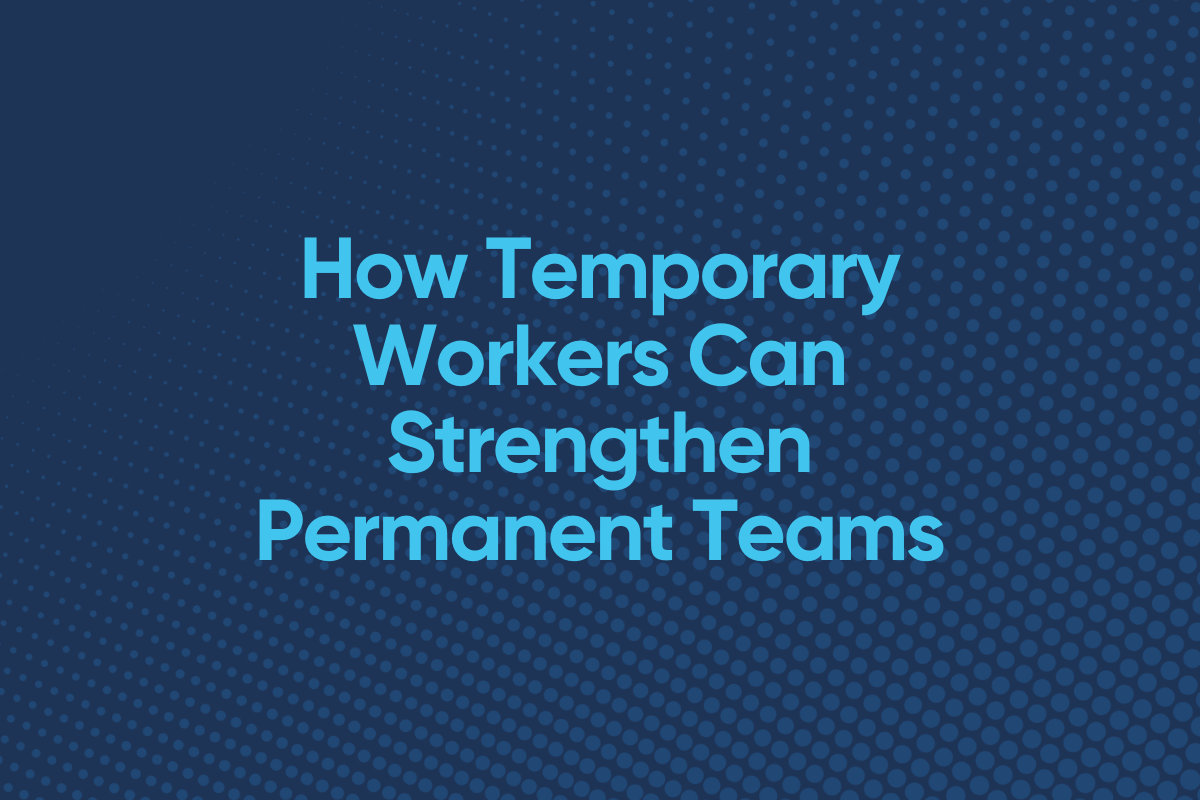

Thanks to the pandemic, business leaders have more on their plates than ever. The extra strain imposed by new concerns, such as managing remote teams and addressing the physical and mental health ramifications of the Covid crisis on employees, is starting to tell.
Of the 1,000 HR directors polled in a survey by HiBob and Fiverr in the US last month, 46% reported that managers and directors were leaving their firms at a faster rate than entry-level employees, highlighting how the great resignation is manifesting itself in the upper echelons of business.
Talent strategy consultancy the Chemistry Group has got through more work on senior leadership in the past 12 months than it did in the previous four years combined. Demand from clients for a better understanding of leaders and the issues they are facing is “going through the roof”, according to its founder and director, Roger Philby.
He warns that businesses need to rethink how they support and develop their leaders, noting that the loneliness many people feel at this level is being underestimated.
“How the pandemic has disconnected leaders from their organisations is showing up in engagement scores, as people have taken this time to reflect on their lives, potentially choosing to do something else,” reports Philby, who works with employers such as Experian and the Co-operative Group. “There has been a lot of talk about having leaders who are more empathetic with their people. That’s all great, but it’s also putting more demands on leaders who are actually going through their own problems.”
Philby adds that simply enhancing executives’ reward packages will no longer compensate for this. He argues that personal development at senior level has “fallen off a cliff” in the past two years, as the philosophy of “selfless leadership” has been blown out of proportion.
Leadership development practice needs to change radically, according to Philby. He believes that there has been a lack of focus in many firms on how managers need to change their behaviour to become leaders. In effect, this is leaving their prospects of ensuring the continued effectiveness of their senior teams to chance.
“Organisations aren’t applying a systematic approach to developing leaders,” Philby says. “They’ll get them a coach, but how do they know whether that’s having an impact?”
He continues: “There’s a space for very personalised, individual development and then a metric which demonstrates the impact of that on business outcomes. But I don’t see any evidence-based leadership development going on out there.”
Joanna Swash is a strong believer in the importance of such an approach. The CEO of Moneypenny, an outsourced provider of customer services, she recently designed a training programme for her senior team to help identify leadership styles and align these with the organisation’s vision and purpose using a bespoke set of tools and frameworks. Swash also plans to add training in soft skills to help develop attributes such as empathy and to prioritise “attitude over aptitude” in both recruitment and development.
“We will mentor our managers to develop their strengths and supply them with all the tools they need in these challenging times,” she pledges. “People who are aligned with your culture, values and attitudes can realise their potential and that of the business.”
Yet even such concerted measures may not be enough to address the disengagement that many senior executives are feeling. A recent poll of 200 UK leaders in investment, law and consulting by M&A tech provider Datasite found that more than a third were prioritising family time in 2022, while 17% wanted to accelerate their retirement plans, citing interests outside the workplace as a huge factor in their thinking.
Reshaping the parameters of the leadership position – from normalising part-time positions and job- sharing at senior level to embracing the ‘side hustle’ phenomenon – could enable more firms to retain talented leaders by offering them the best of both worlds.
Insurance company Zurich, for instance, has doubled the number of people it has hired as part-time employees since it began advertising all vacancies as potential parttime positions and/or job-sharing opportunities two years ago. Highlighting its success in recruiting and retaining more women in particular, the company has called on the UK government to legislate that all employers over a certain size advertise jobs this way.
Zurich’s approach to recruitment would find favour with Angela Nyman, chief marketing officer at digital asset management platform Bright. She returned to her role on a part-time basis in September 2020 after a period of parental leave.
“If your company is behind you and it values outcomes – employee wellbeing and team productivity – rather than analysing the hours you’re working, you’ll stand a much better chance of finding a good work/life balance,” Nyman says. “If I give people the right guidance and motivation, along with the tools and information they need to work autonomously and make the best possible decisions, it doesn’t matter whether I’m sitting next to them every day or not.”
Brian Dolan is the founder and CEO of WorkReduce, a marketing and media consultancy based in Boston, Massachusetts. He is openly supportive of people in his organisation who have side hustles, even those in senior positions. His vice-president of sales also runs a bike store, for instance, while his senior director for client success has a boat-chartering business.
Dolan stresses that finding fulfilment outside your primary workplace and achieving success within it are not mutually exclusive. “We want our people to be really happy and satisfied,” he says. “As long as they’re delivering the results, we’ll jump through hoops to retain them.”
Regardless of what approach a firm might take to keep its senior executives engaged, Philby recommends that corporate boards should be paying close attention to their leaders’ needs, as the pressure they are under shows little sign of abating.
“The number-one focus of every board in every company right now should be: how are the people who are running this firm?” he argues. “They should literally be sitting down and asking these people how they are doing. When someone answers: ‘I’m fine,’ they need to say: ‘No, how are you really?’”

Broster Buchanan & Orbbis are proud to have partnered with The Times & Raconteur for ‘The Future CEO 2022′, the latest publication in a series of business supplements.